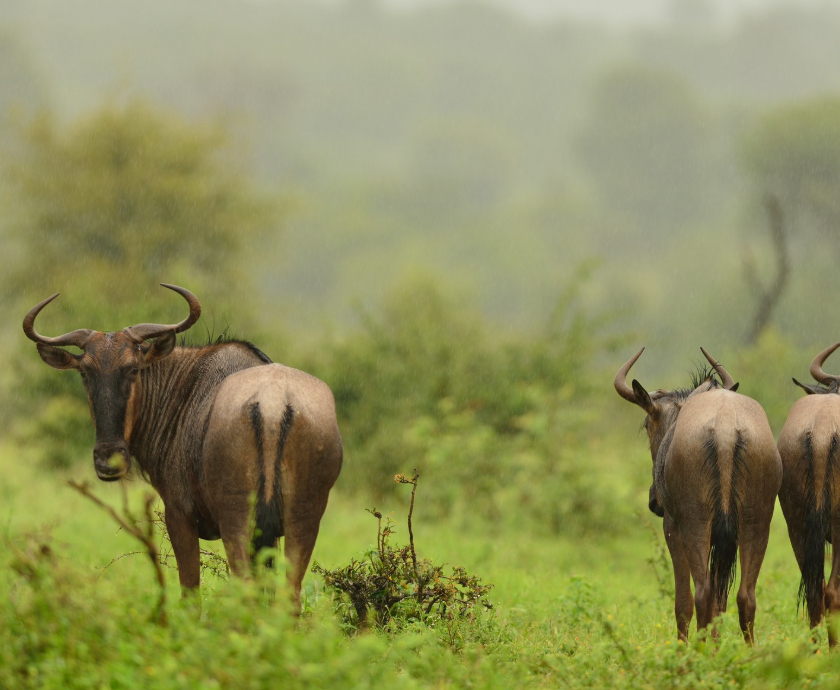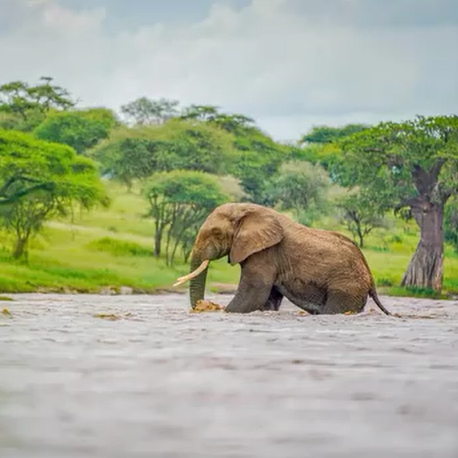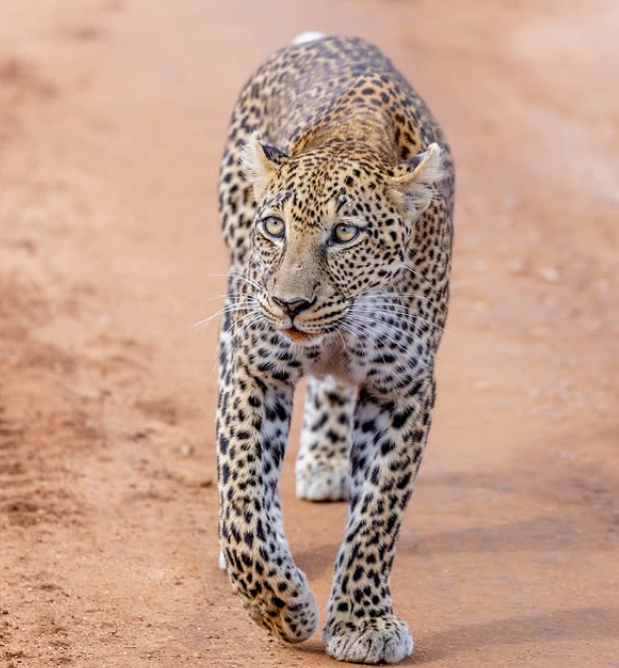Let us create your tailor-made trip
Tailor your perfect Tanzanian adventure with expert planning.
Tarangire National Park is a stunning and often underappreciated gem within Tanzania's northern safari circuit. Known for its massive elephant herds, majestic baobab trees, and scenic landscape dotted with seasonal swamps and rivers, Tarangire offers a quieter yet incredibly rich safari experience compared to its more famous neighbors like Serengeti and Ngorongoro.
Tarangire National Park is located about 118 kilometers southwest of Arusha, making it a convenient stop for visitors en route to Serengeti or Ngorongoro. The park covers approximately 2,850 square kilometers, making it the sixth-largest national park in Tanzania.
The park is easily accessible:
By road: A 2 to 3-hour drive from Arusha
By air: Chartered flights land at Kuro Airstrip within the park
Tarangire was declared a National Park in 1970, after initially being part of a larger conservation area. It is named after the Tarangire River, the park’s lifeline, which flows through its center and sustains its rich biodiversity during the dry season.
Tarangire’s ecosystem is diverse and dynamic. Its landscape includes:
Open grasslands
Thick acacia woodlands
Ancient baobab trees (some believed to be over 1,000 years old)
Swamps and seasonal floodplains
The Tarangire River draws large numbers of animals during the dry season (June–October), making it a prime game-viewing area.
Tarangire is best known for its elephants, hosting one of the largest populations in northern Tanzania. Herds of up to 300 elephants can be seen during peak dry months.
Other notable wildlife includes:
Lions, leopards, cheetahs, and hyenas
Buffaloes, giraffes, zebras, wildebeest, impalas
Rare species: fringed-eared oryx, greater kudu, and African wild dogs
The park is also a birdwatcher's paradise, with over 500 species recorded, including:
Yellow-collared lovebirds
Kori bustards (world’s heaviest flying bird)
Lilac-breasted rollers
Numerous migratory and endemic species
Tarangire is a year-round destination, but game viewing is best during:
Dry Season (June to October): Animals concentrate around the Tarangire River.
Green Season (November to May): Lush scenery and excellent birding, but wildlife disperses and may be harder to spot.
The park is less crowded than Serengeti or Ngorongoro, making it ideal for visitors seeking a more intimate safari experience.
Game drives (day and night in some private areas)
Walking safaris (led by armed guides, available in concession areas)
Birdwatching
Cultural visits to nearby Maasai or Barabaig villages
Photography — particularly during the dry season when elephant gatherings occur
Tarangire offers various accommodations catering to all budgets:
Luxury Lodges: Tarangire Treetops, Elewana Tarangire Safari Lodge
Mid-range Camps: Tarangire Simba Lodge, Sangaiwe Tented Lodge
Budget options: Campsites and basic lodges around the park’s border
Many lodges offer panoramic views of the river valley and conduct sundowners and night drives for a more immersive experience.
Tarangire is part of the greater Tarangire ecosystem, which includes wildlife corridors and community-managed conservation areas. Key conservation efforts involve:
Anti-poaching programs
Wildlife research (especially elephants and big cats)
Community engagement and ecotourism initiatives
These efforts help sustain both the park’s wildlife and the livelihoods of local communities.
Unmatched elephant encounters
Beautiful baobab-studded landscapes
Excellent birdwatching opportunities
Authentic, uncrowded safari experience
Diverse wildlife, including rare species
Whether you’re a first-time visitor to Tanzania or a seasoned safari-goer, Tarangire offers a tranquil, picturesque, and wildlife-rich experience that perfectly complements the more famous parks in the northern circuit.



Tailor your perfect Tanzanian adventure with expert planning.


Discover the Wonders of Tanzania with Uwanda Tours and Safaris
info@uwandatours.com
+255 762 378 870
Dar Es Salaam, Tanzania